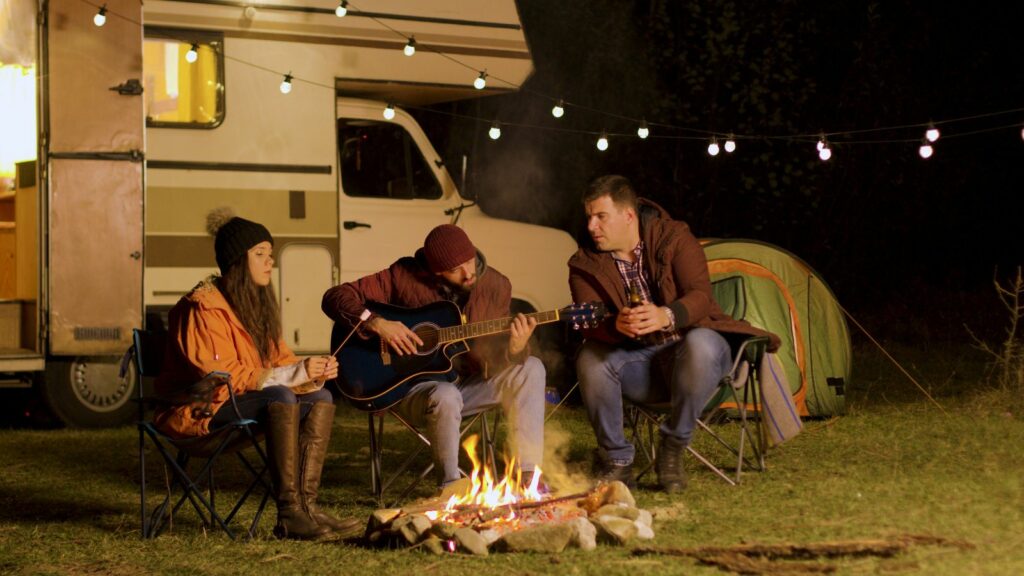RVing across Canada can be a dream come true, but some habits can quickly turn it into a nightmare for fellow campers. Many RVers don’t realize their choices, loud, messy, or careless, are what get them quietly blacklisted from campgrounds. Here are some of the most common mistakes to avoid if you want to stay welcome on your Canadian adventures.
Leaving Trash Behind
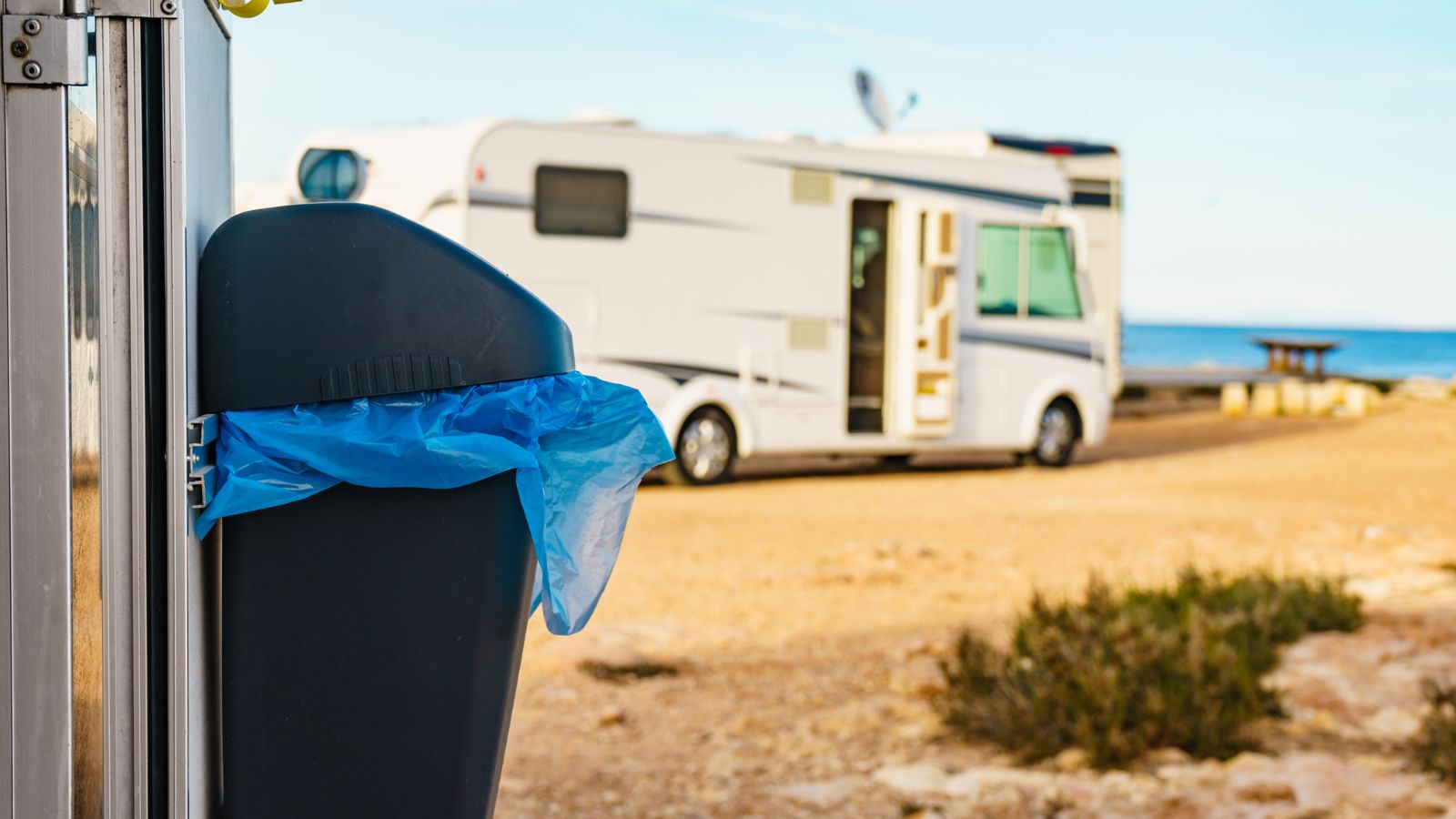
Campgrounds across Canada emphasize “leave no trace,” yet some travellers ignore it. Leaving behind garbage, cans, or even food scraps doesn’t just look bad, it attracts wildlife, from raccoons to bears. When rangers or staff notice repeated offenders, they often won’t hesitate to refuse future bookings. Cleaning up after yourself is one of the simplest ways to keep campgrounds safe, clean, and welcoming for everyone.
Ignoring Quiet Hours
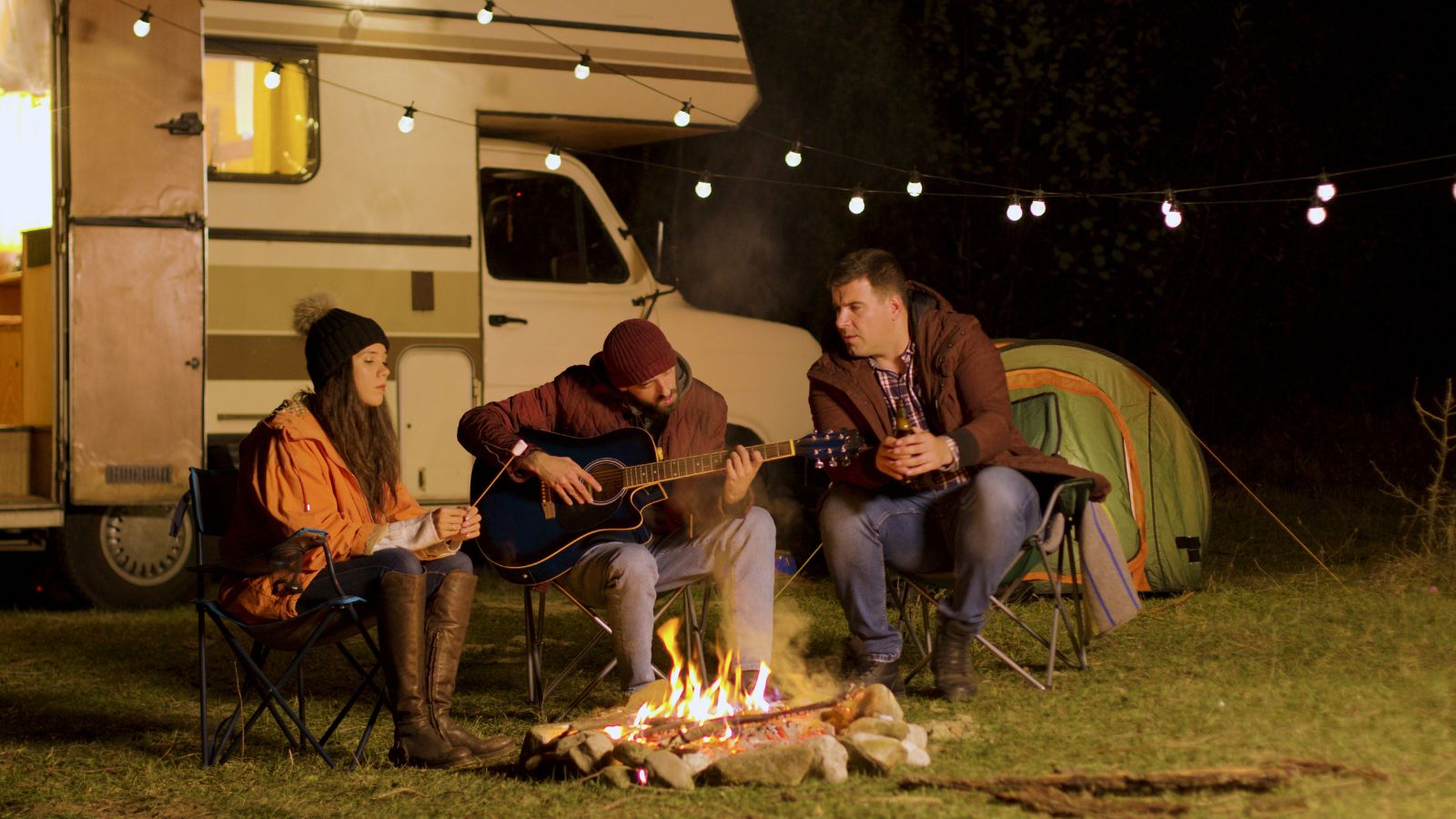
Every campground has quiet hours posted, often starting around 10 or 11 p.m. Unfortunately, late-night partying, loud music, or even heavy generator use breaks that peace. Neighbours who are unable to sleep report these issues, and management keeps track. In Canada, where people often camp to enjoy nature’s calm, ignoring quiet rules is one of the fastest ways to lose campground privileges permanently.
Using Generators Excessively
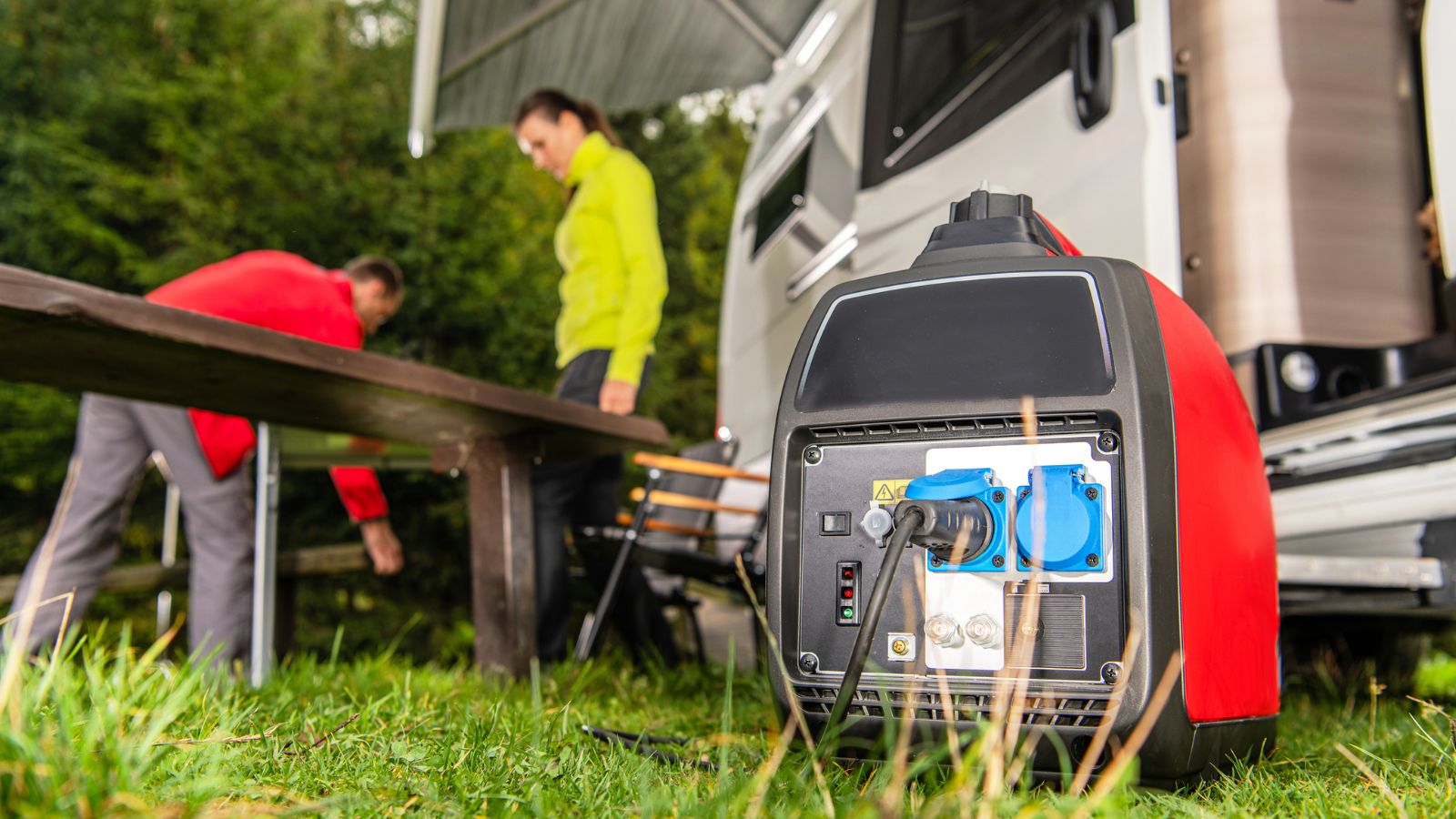
Generators are handy, but constant humming can ruin the serenity for others. Many Canadian parks limit their use to a couple of hours a day. Running one non-stop, especially during mealtimes or early mornings, draws complaints. Campers who disregard those restrictions risk being told not to return. Investing in solar panels or planning power use carefully shows respect for the community.
Letting Pets Roam Freely
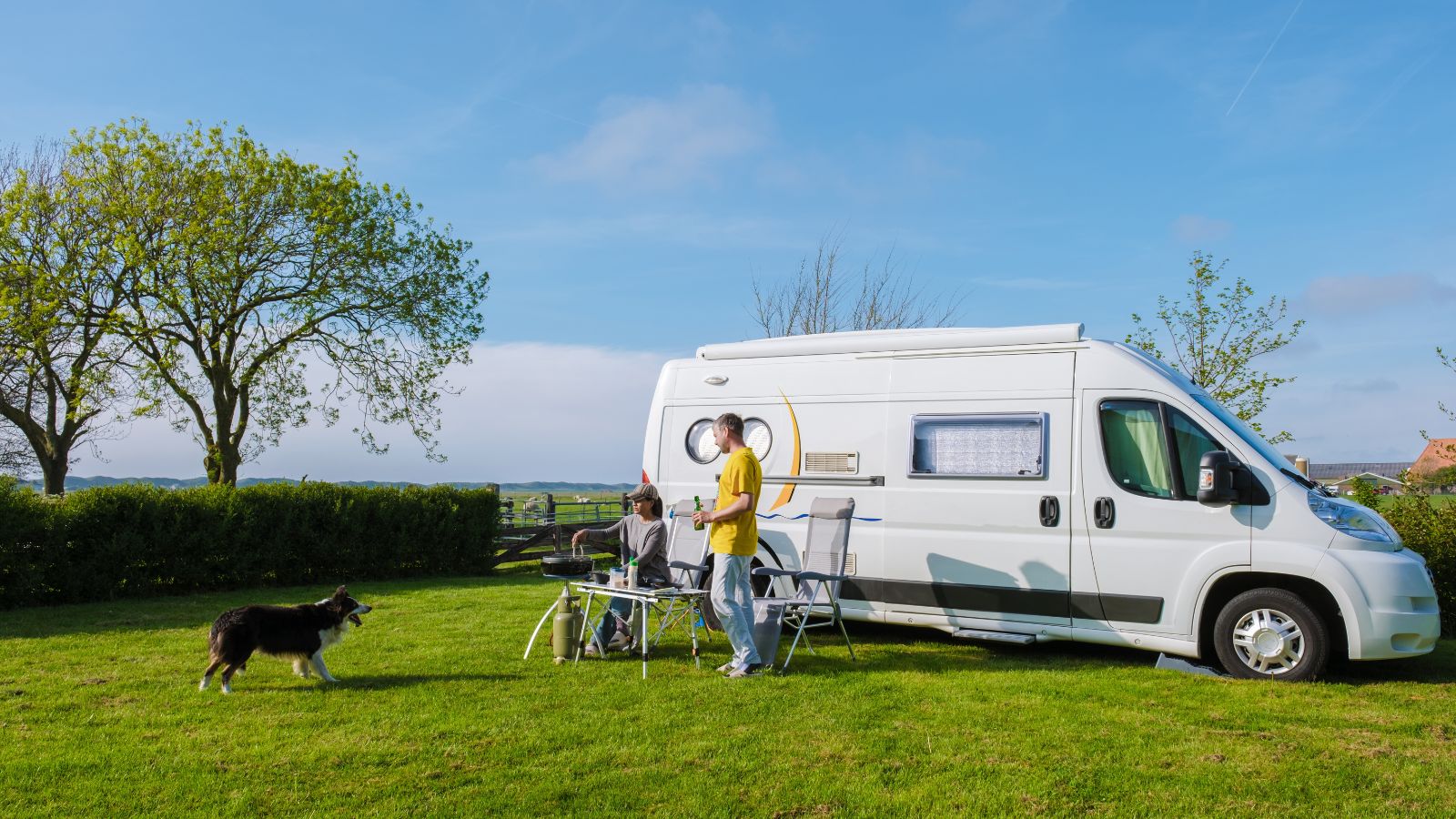
Unleashed dogs are a common complaint at campgrounds. A friendly pup might seem harmless, but not everyone appreciates animals wandering into their site. Wildlife safety is also a major issue; moose, bears, or coyotes can be nearby. Canadian campgrounds are strict about leashes, and those who repeatedly ignore the rule often get banned for putting their pets and others at risk.
Dumping Waste Improperly
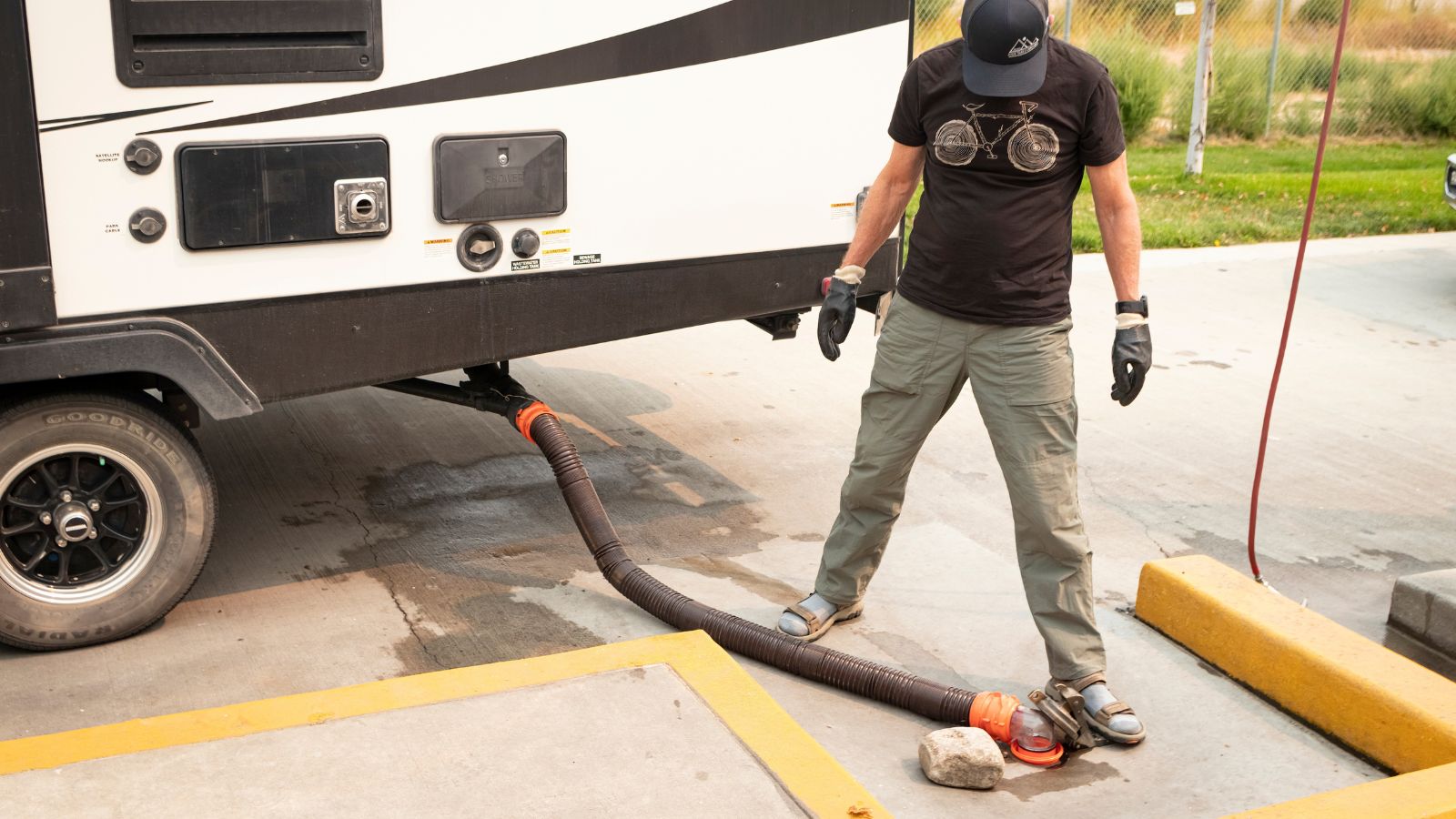
Sewage etiquette is non-negotiable. Dumping black or grey water where it doesn’t belong not only creates disgusting smells but also risks contaminating the environment. Parks Canada and provincial campgrounds treat this as a serious offence. Anyone caught releasing waste outside designated dump stations can be fined, and in most cases, permanently banned from returning to that campground.
Cutting Through Other Campsites
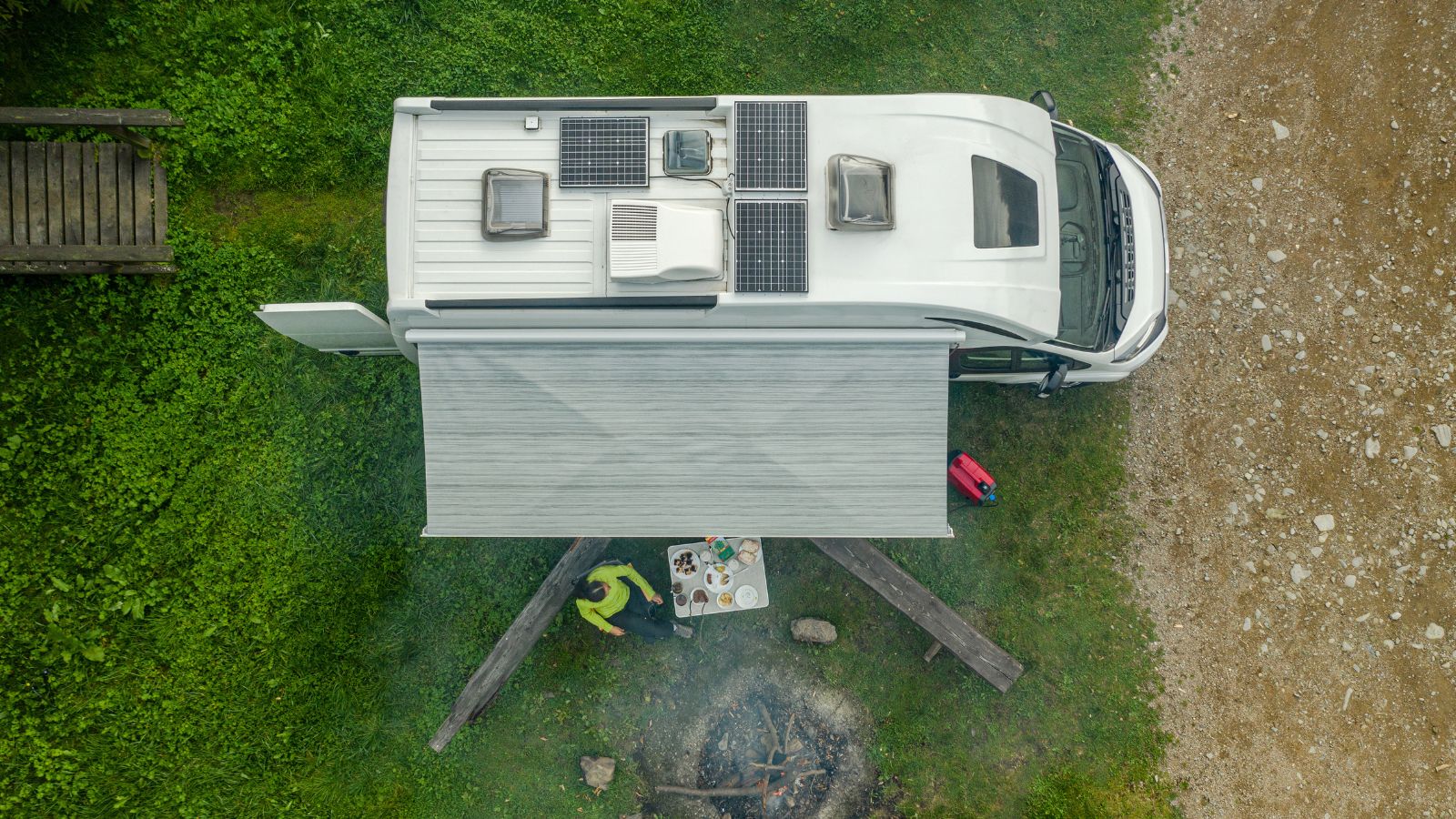
Shortcuts may seem innocent, but walking through someone else’s reserved campsite is poor etiquette. It’s like strolling through someone’s backyard without asking. Privacy is highly valued in campgrounds, especially in Canada where space can be limited. Too many reports of boundary-crossing often result in staff blacklisting certain guests who show little respect for personal space.
Overcrowding a Campsite
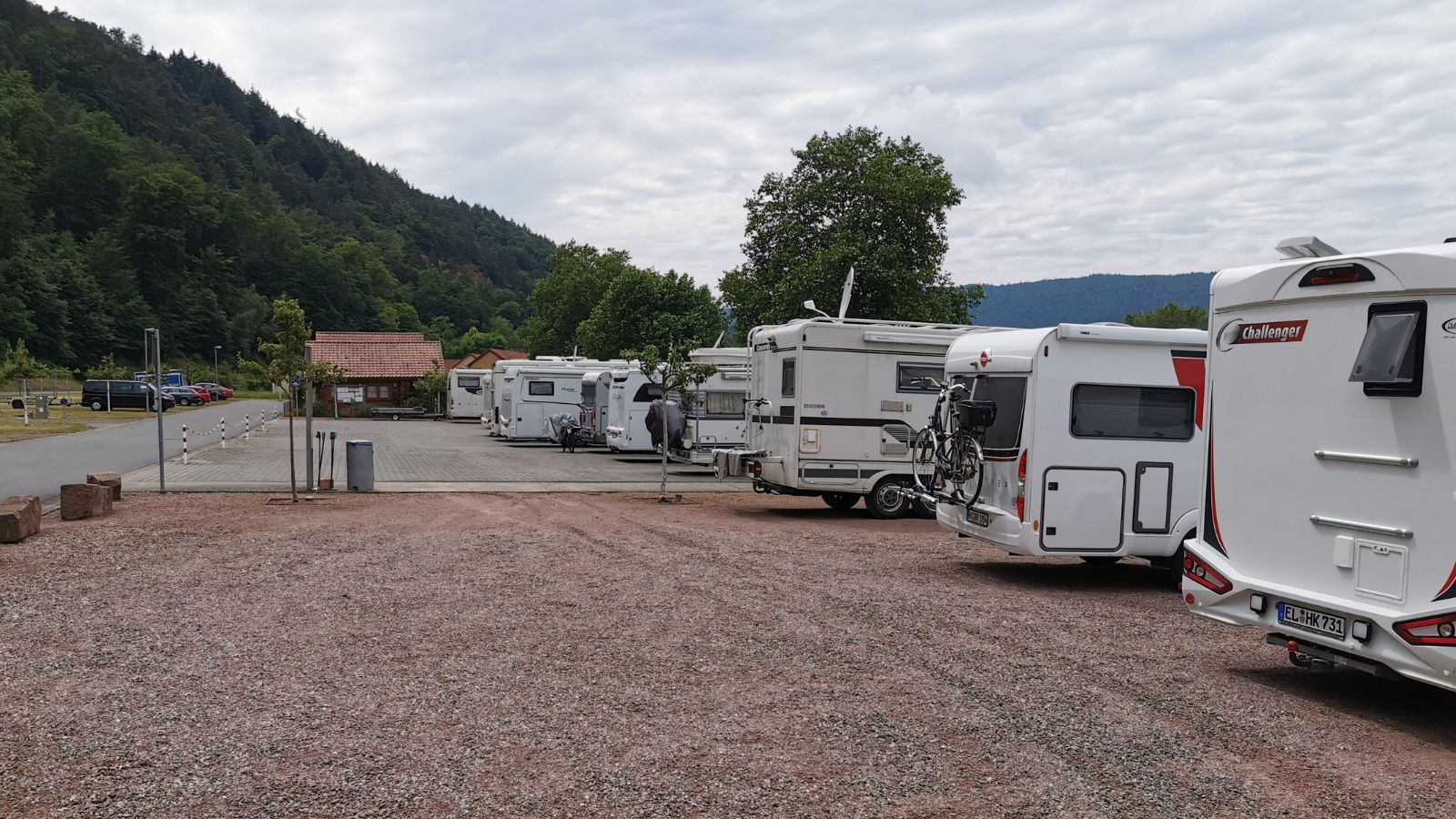
Campsites usually have clear limits on how many people, tents, or RVs are allowed. Some groups ignore this and pack in extra vehicles or guests, creating noise and stress for neighbouring campers. Campground staff notice when a site looks more like a festival ground than a family spot. Pushing limits too far can lead to eviction and a ban from booking again.
Leaving Fires Unattended

Few things are as dangerous in Canada as an unattended campfire. With wildfire risks rising every summer, campground rules around fire safety are strict. Walking away from a burning fire, even briefly, can lead to serious consequences. Rangers often patrol for this, and if you’re caught leaving a fire unsupervised, expect not just a ban but potentially a hefty fine.
Using Firewood from Outside
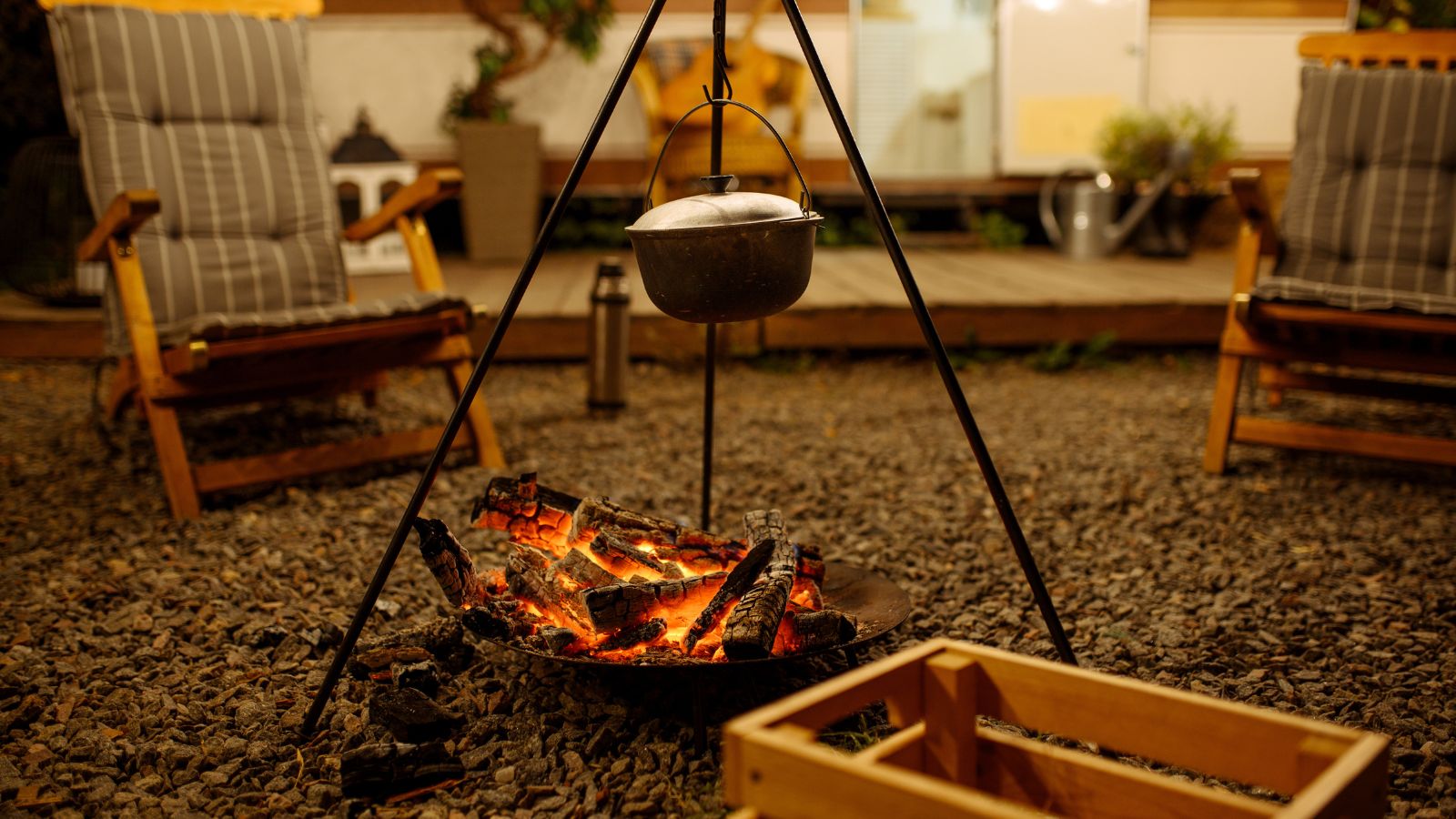
Many campgrounds have clear signs banning outside firewood due to invasive pests. Transporting wood between provinces or regions can spread destructive insects like the emerald ash borer. Still, some RVers bring their own supply to save money. If staff catch you, it’s not just a warning—you could be denied future reservations to protect Canada’s forests from irreversible damage.
Blocking Roads with RVs
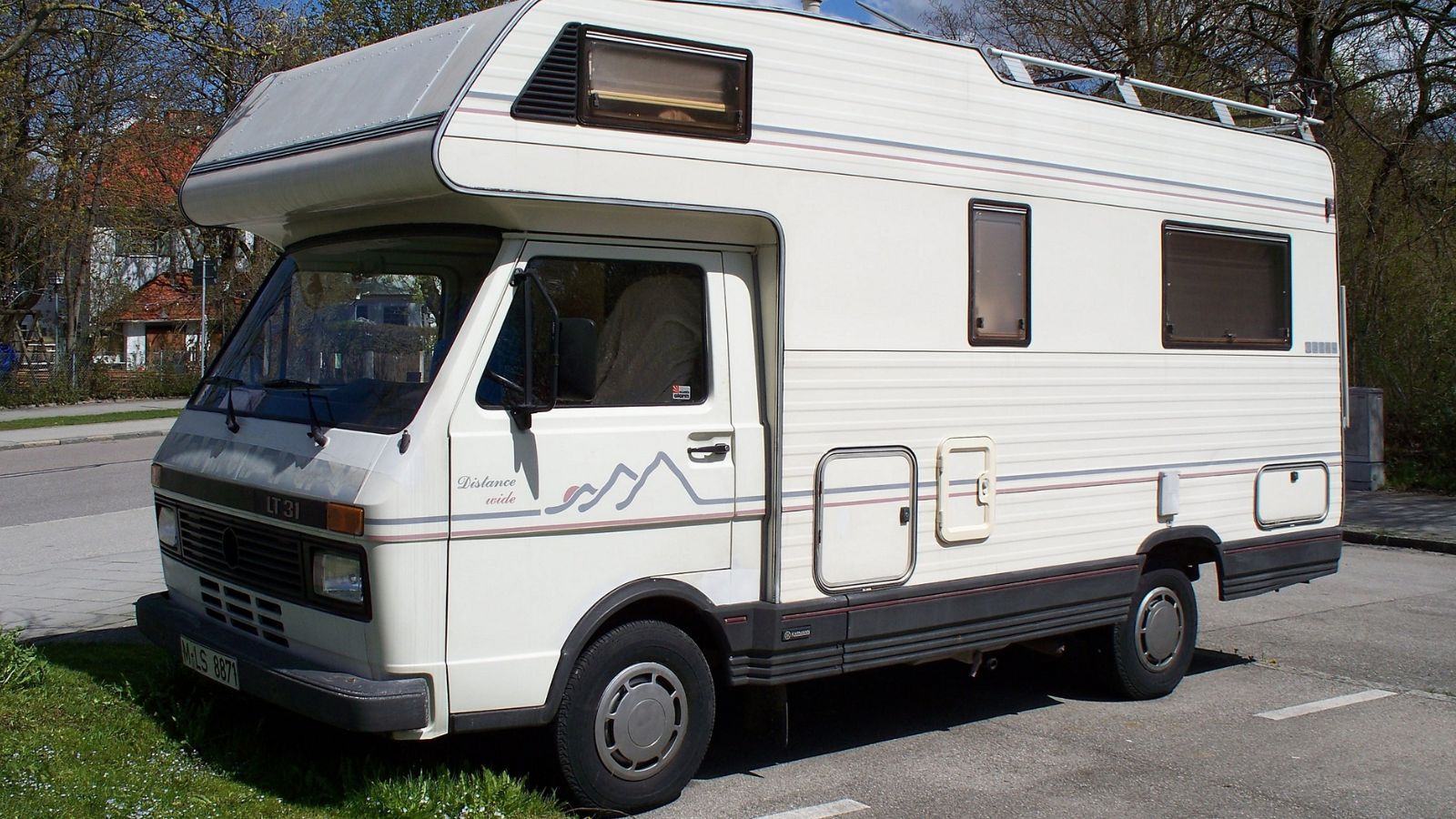
Setting up in a way that blocks access roads or makes it difficult for emergency vehicles to pass is a big issue. Sometimes RVers park too far into the road while unloading or hitching. It may seem temporary, but even short delays frustrate neighbours. Canadian campgrounds value safety above all else, and blocking routes often leads to complaints and bans.
Disrespecting Wildlife
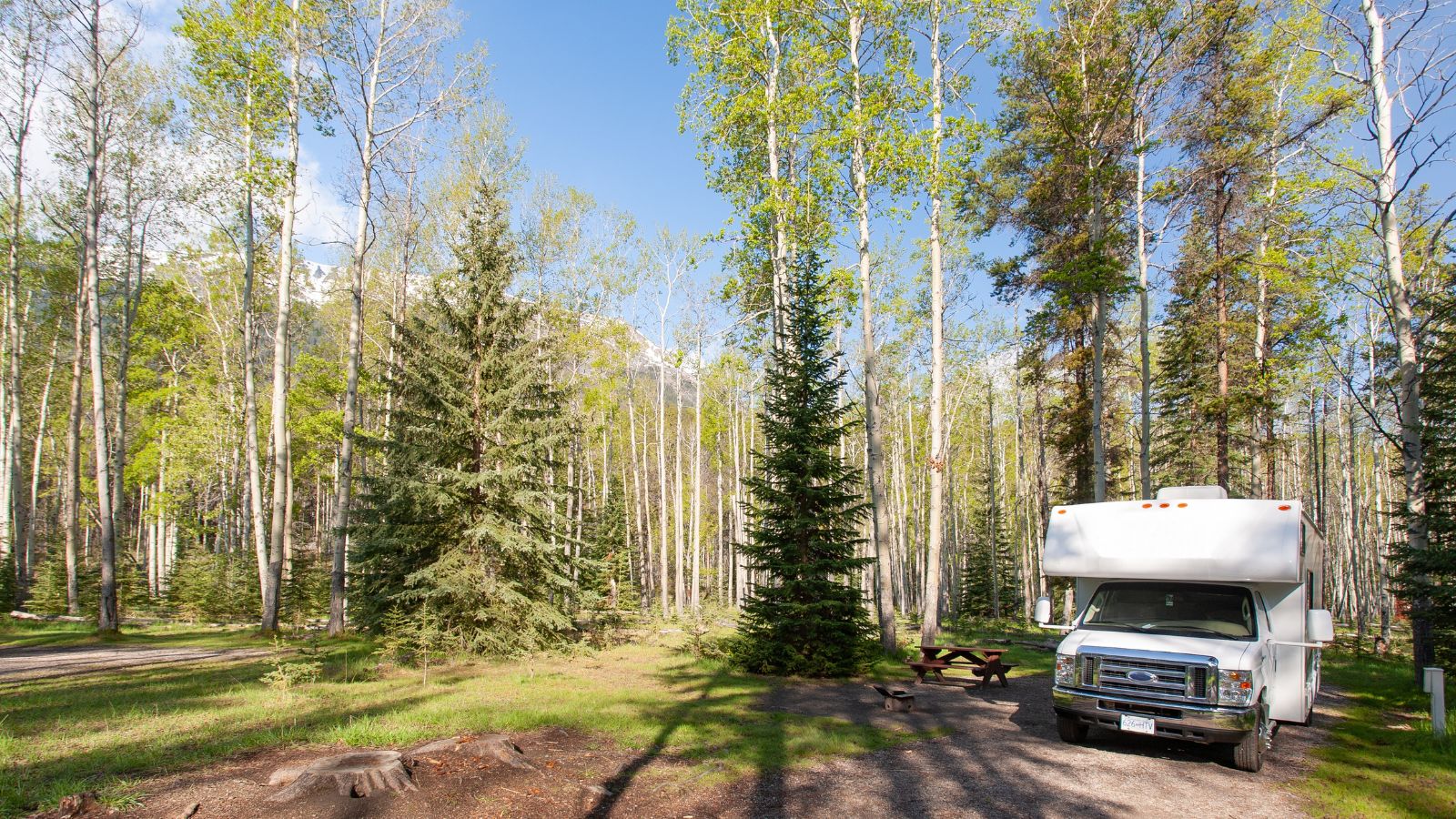
Feeding animals may seem cute, but it’s harmful to them and dangerous for campers. Squirrels, birds, and even bears learn to associate people with food, leading to aggressive behaviour. Canadian campgrounds take this seriously, and rangers will evict and ban anyone caught feeding wildlife. Respecting natural boundaries helps protect both animals and humans sharing the space.
Hogging Shared Facilities
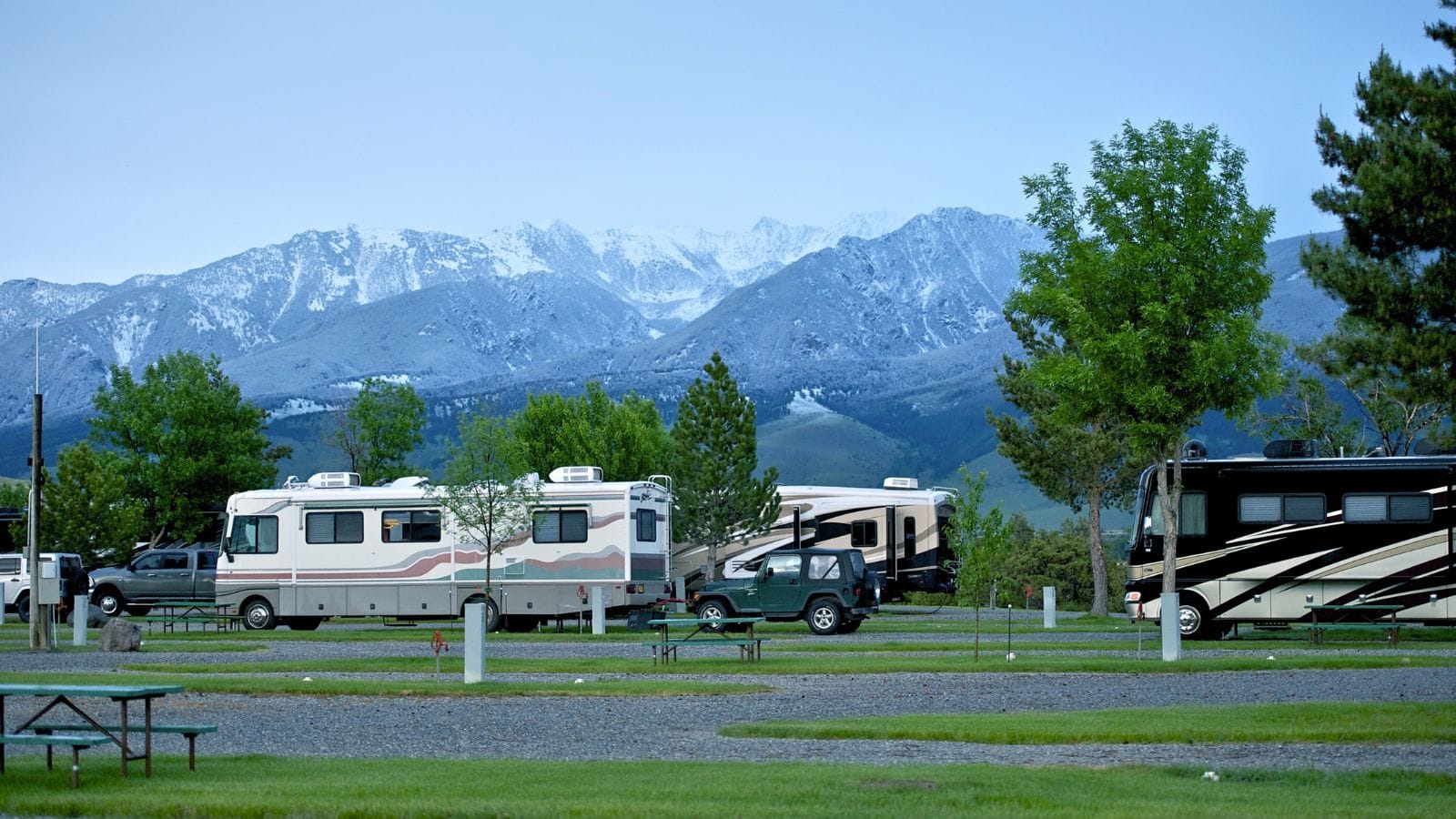
Campgrounds often have shared washrooms, showers, or laundry. Staying too long in these spaces, leaving messes, or cutting lines creates tension. People pay to use these services, and staff do hear complaints. If you constantly abuse communal facilities, you’ll stand out for the wrong reasons, and many Canadian campgrounds quietly refuse future bookings to those who act inconsiderately.
Washing Dishes at Water Spigots

Using campground water taps to scrub pots or dump greasy water is a bad habit. Not only does it make taps unsanitary, but soap and food waste attract pests. Most Canadian sites provide dishwashing stations, yet some ignore them. When staff notice repeat offenders, they often won’t allow them to return, since it shows disregard for basic campground etiquette.
Running Outdoor Lights All Night
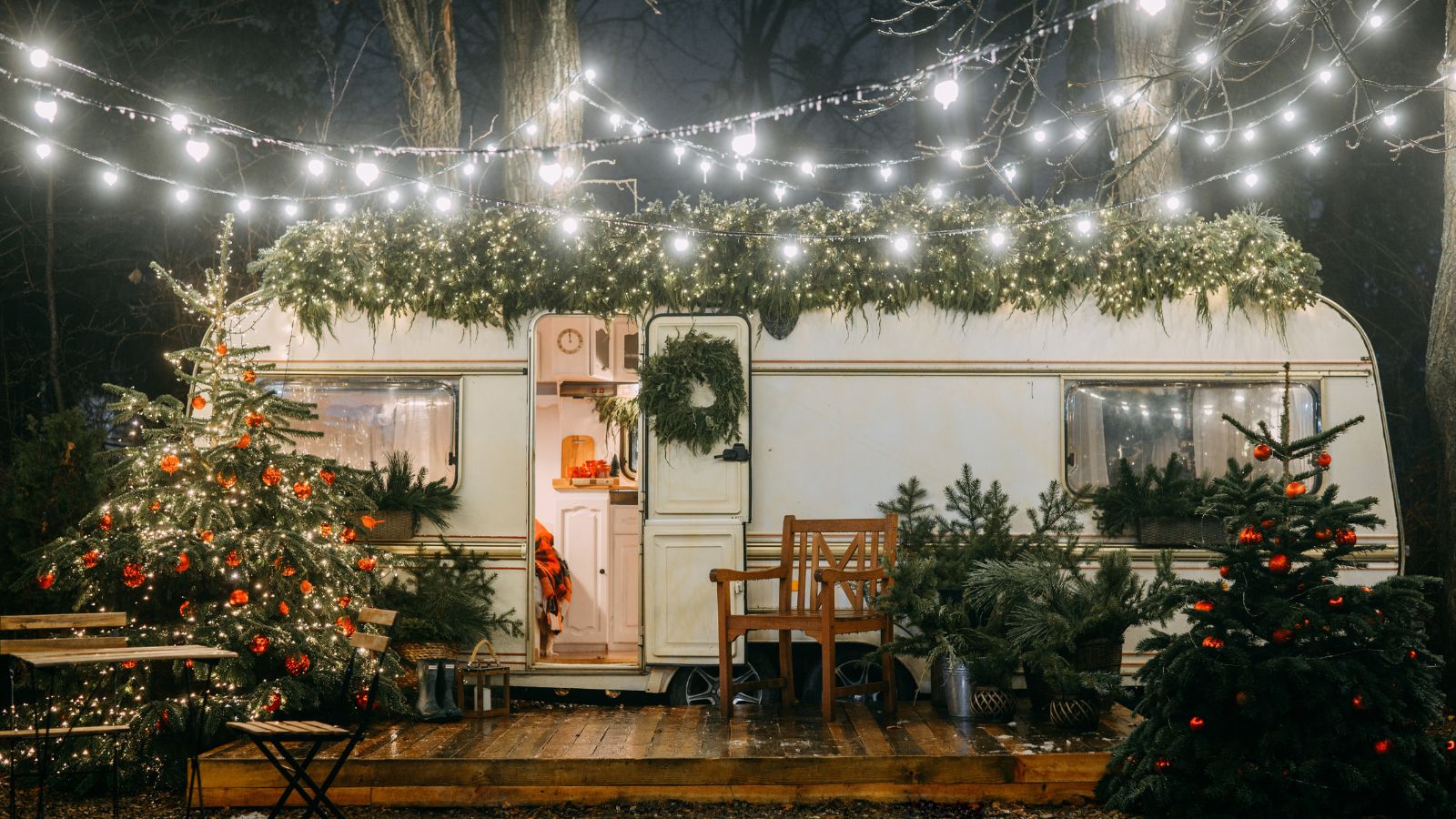
Bright outdoor string lights or floodlights look festive, but they disturb neighbours trying to sleep under the stars. Canada’s campgrounds pride themselves on offering dark skies for stargazing, so light pollution is a big deal. Keeping your site lit up all night draws complaints, and those who ignore requests to tone it down risk not being welcomed back.
Ignoring Speed Limits
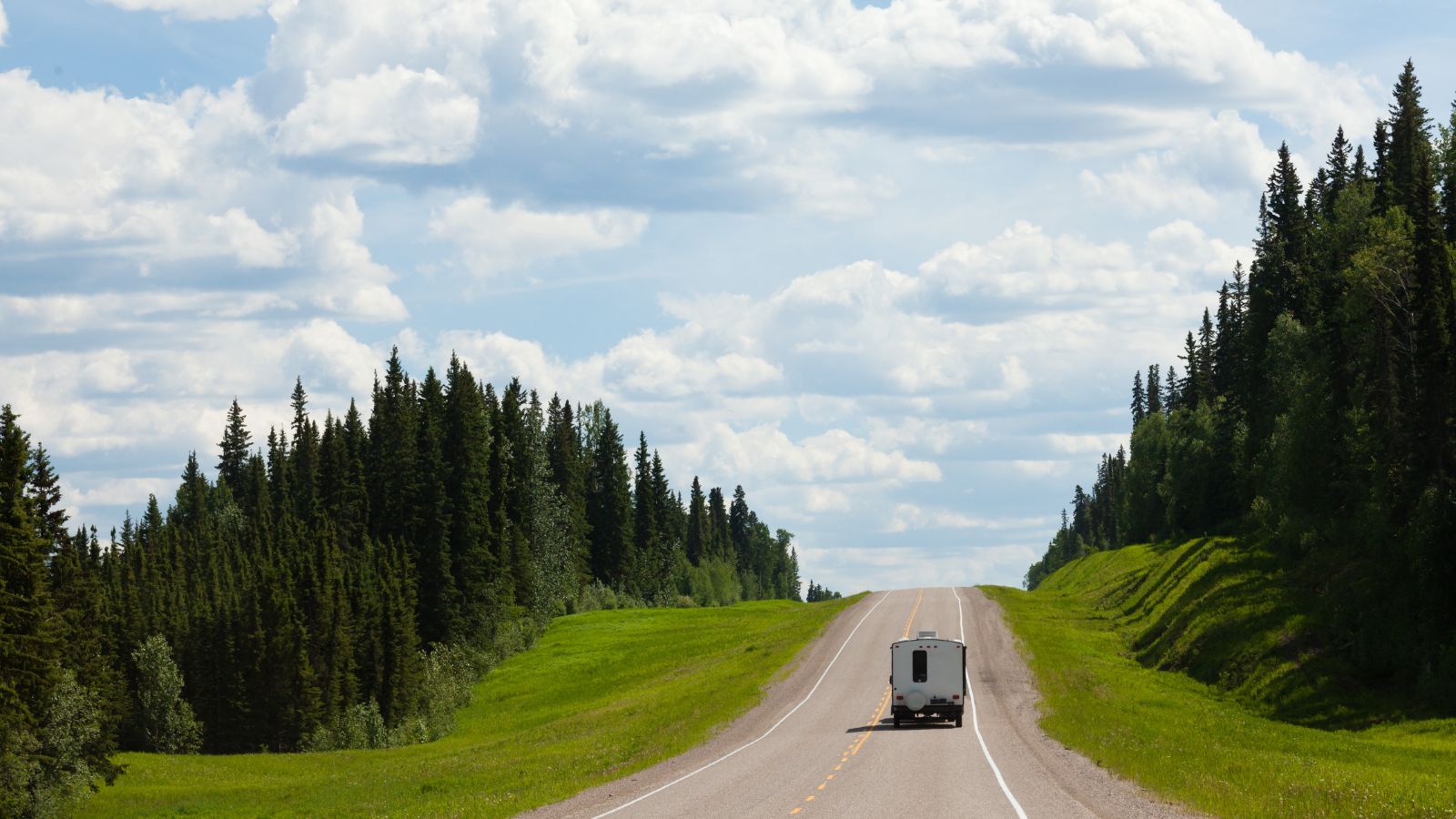
Campgrounds often set very low speed limits, typically 10 km/h, for safety reasons. Children, cyclists, and wildlife are present, and speeding RVs pose serious hazards. Staff don’t usually give multiple warnings for this offence. If you’re caught zooming through a Canadian campground, don’t be surprised if you’re told to leave and barred from making future reservations. Safety comes first for everyone.
Arriving Late Without Notice
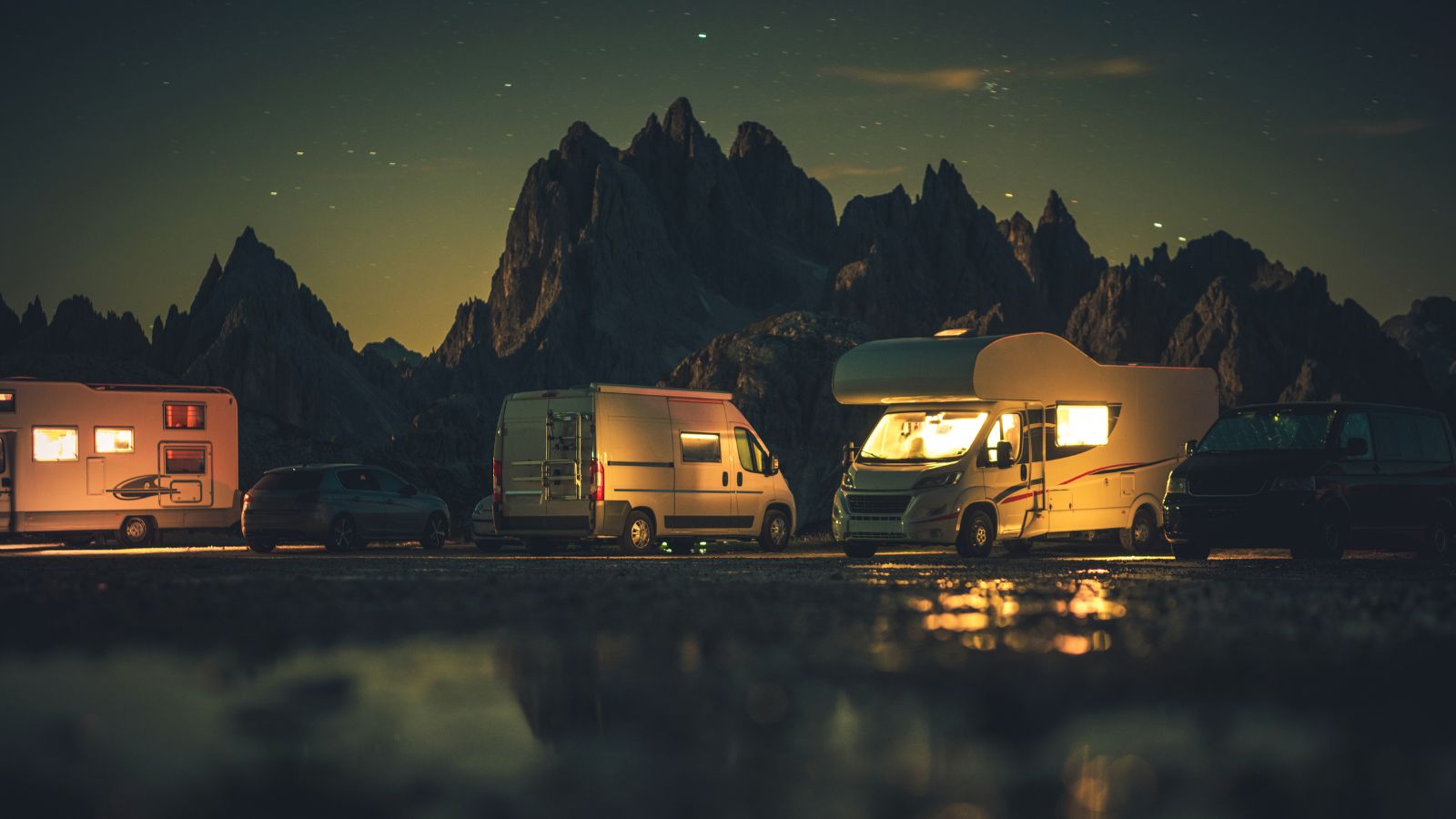
Arriving late after check-in without calling ahead disrupts campground staff schedules. It may also annoy other campers if headlights and noise interrupt their sleep. Canadian campgrounds operate on courtesy as much as rules, so surprising staff with a midnight arrival can cost you. Many places flag repeat offenders and prevent them from booking again.
Overusing Wi-Fi or Power
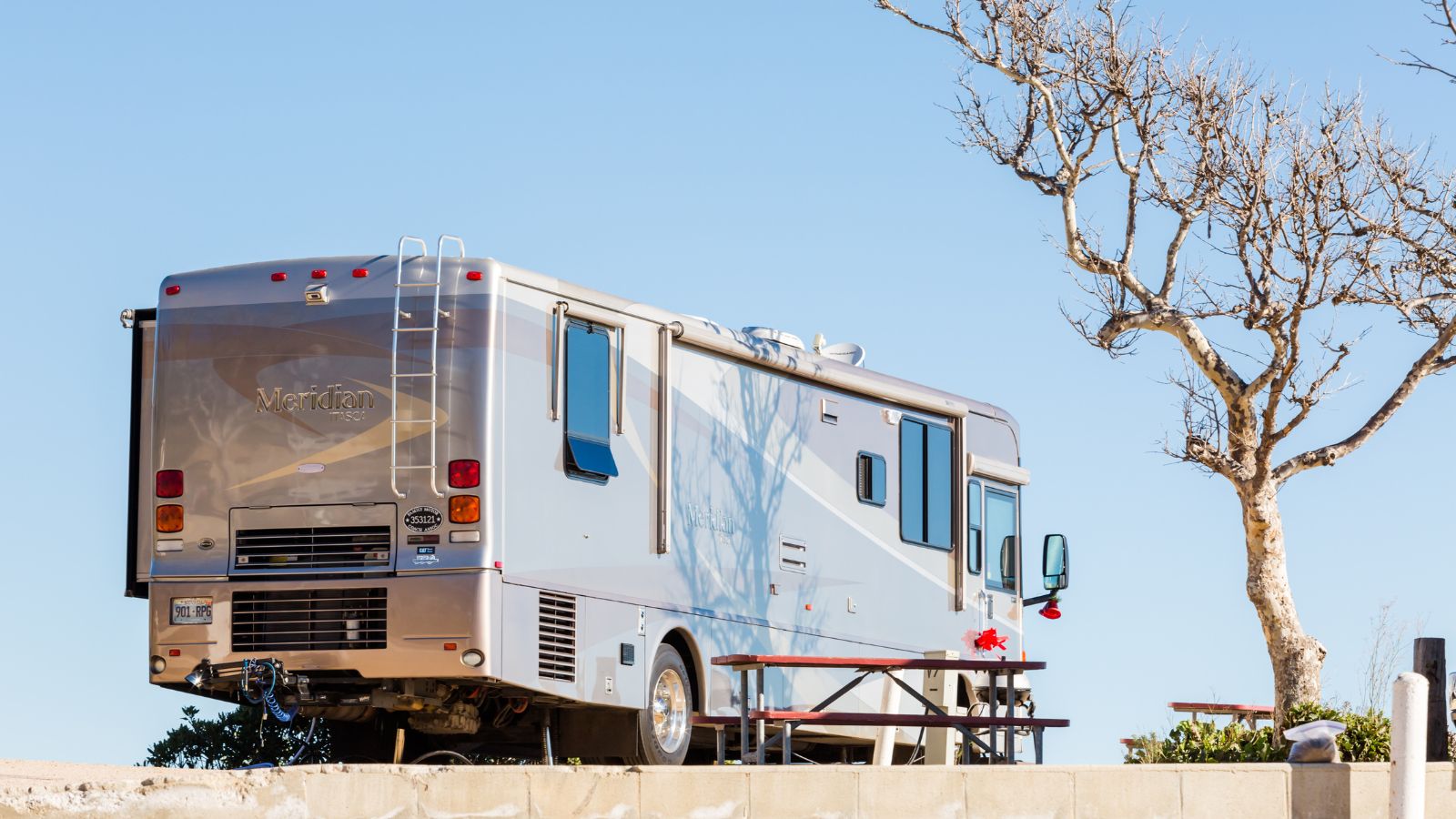
Some campgrounds offer Wi-Fi or shared power hookups, but they’re not meant for streaming all night or running heavy appliances nonstop. When one camper overloads the system, everyone else suffers. Staff can see patterns of abuse, and Canadian campgrounds often ban those who repeatedly strain shared resources, protecting fairness for the rest of the community.
Bringing Prohibited Vehicles

Dirt bikes, ATVs, or oversized trailers aren’t welcome at most campgrounds unless specifically allowed. Still, some RVers bring them anyway, assuming nobody will mind. The noise, safety issues, and damage to roads frustrate staff and campers alike. In Canada, these rules are taken seriously, and breaking them can lead to immediate removal and bans from the campground.
Skipping Reservations or Payments
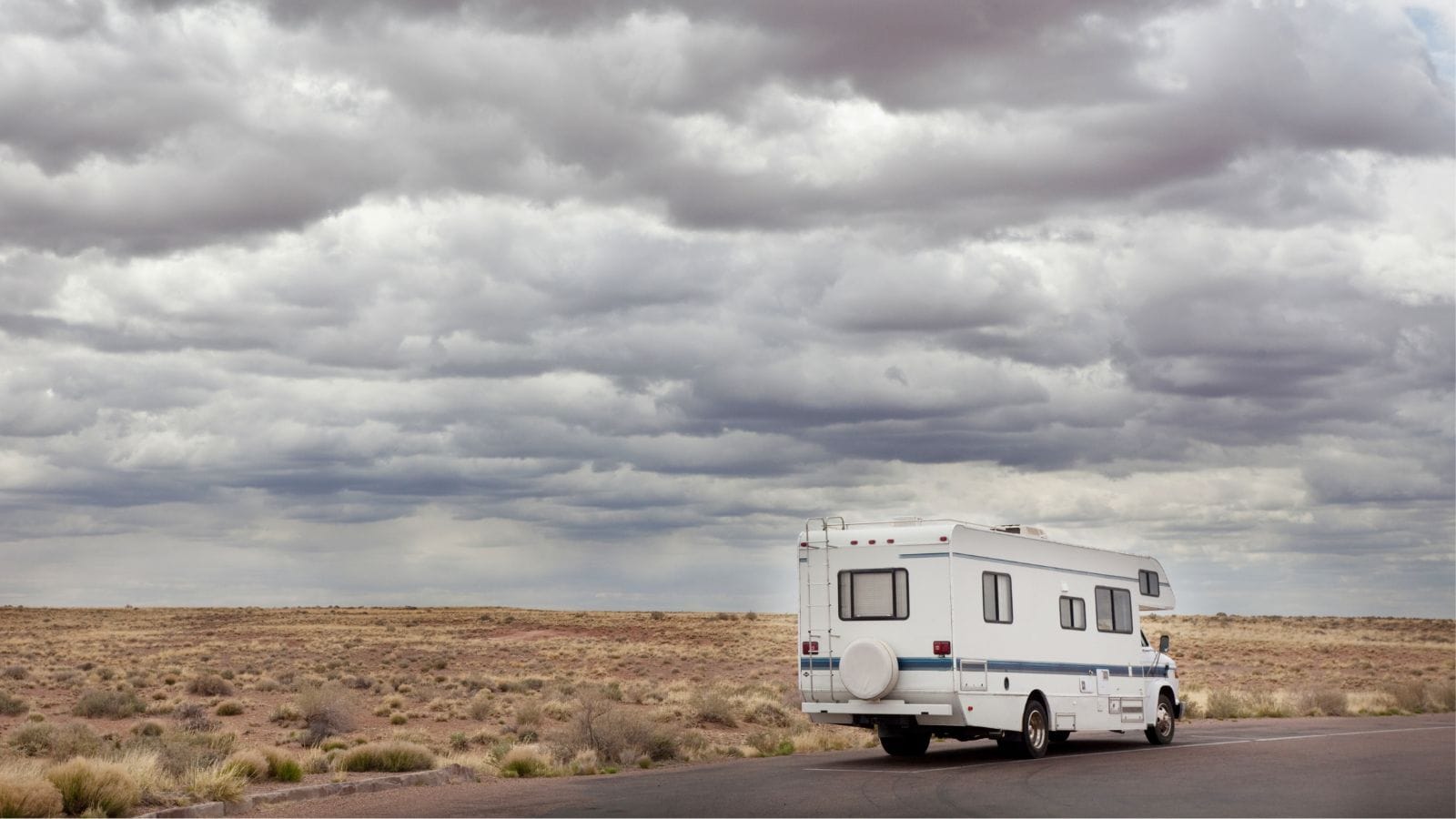
Sneaking into a campground without reserving or paying the full fee might feel clever, but staff track everything. Skipping registration or trying to “camp under the radar” is seen as theft. Canadian campgrounds are quick to ban anyone caught cheating the system, since it not only costs them money but also reduces availability for honest travellers.
Lighting Up in Restricted Areas

Many Canadian campgrounds restrict lighting up to specific zones because of fire risks and safety concerns. Lighting up near playgrounds, trails, or shared facilities is against the rules. Campers who ignore these restrictions face serious consequences. With wildfire risks growing each year, even a single spark can cause disaster, so it’s no surprise that offenders often find themselves banned.
Leaving Food Out Overnight

Coolers, grills, or leftovers left outside overnight attract bears, raccoons, and skunks. Campgrounds warn about this constantly, yet some ignore it. Staff patrols often check for food left unattended, and if it happens more than once, bans are likely. In Canada, where wildlife encounters can be dangerous, ignoring food storage rules is treated as a major offence.
25 Facts About Car Loans That Most Drivers Don’t Realize

Car loans are one of the most common ways people fund car purchases. Like any other kind of loan, car loans can have certain features that can be regarded as an advantage or a disadvantage to the borrower. Understanding all essential facts about car loans and how they work to ensure that you get the best deal for your financial situation is essential. Here are 25 shocking facts about car loans that most drivers don’t realize:
